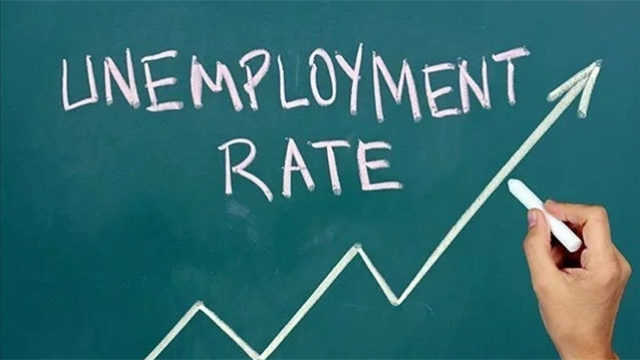Stay in the loop! Sign up for our newsletter to receive regular updates.
Female unemployment rate in Nigeria 2022

One of the global and 21st-century developmental issues that affect all developing nations is gender inequality. It contributes significantly to Nigeria’s unemployment problem.
Despite efforts made throughout time to stop this marginalization, the national unemployment rate continues to rise despite the economy’s slowing expansion. This is frequently made worse by the rising population rate, which is typically gender-divided.
According to the National Bureau of Statistics’ most recent labor force report (NBS), the unemployment rate of females in Nigeria increased to 35.2% in 2022 from 31.6% as recorded in 2021. According to this report, 61.63 million females are in the working population from ages 15 – 63, accounting for about 50.5% of the total working population in Nigeria. Nevertheless, only 30.14 million of these females are able and willing to work, i.e. labor force accounting for about 43.3% of the entire labor force in the time under study.
Highlights
- When females in the working population are distributed by age groups, females within 15-24 years are the biggest, representing 30%, equivalent to 18.48 million of the total females in the working population.
- Females within 25-34 years are closely followed by females within 35-44 years, with around 17.98 million in the workforce and 12.79 million in the working population, respectively.
- However, the numbers have dropped dramatically in the later age categories, with just 7.94 million females in the working population within 45-54 years.
- Similarly, 4.43 million females in the working population are within the age bracket 55 to 64 years.
- Of the 30.15 million females in the labor market throughout the study period, 10.61 million are jobless, representing a 35.2% female unemployment rate.
What Does This Mean?
According to the most recent unemployment numbers, despite the nearly equal presence of the female gender in the working population, females accounted for just 43.3% of the labor force, compared to 47.7% for males. In addition, females represent 40% of the fully employed and 45.9% of the underemployed labor force.
Meanwhile, there are 10.61 million unemployed females, equivalent to 35.2%, compared to 12.58 million unemployed males, equal to 31.8%. This demonstrates that more females in Nigeria’s working population are either unable or unwilling to work as of the reference period.
Bridging the Gap
The female unemployment gap can be bridged through labor market laws, social security programs, and public infrastructure investments that will lessen the burden of caregiving on women. Also, policies that support their full representation in the workforce and in legislatures should be advocated. The government can also boost economic growth and enable women to become self-employed, the government can close this gap by transferring funds to microfinance institutions, which in turn lend money to market women, tiny traders, and craftsmen.
Finally, laws governing the labor force should be implemented to guarantee that gender discrimination and salary gaps are minimized.
Recent Posts
- Sidikatu Aliyu: Shattering Educational Barriers in Remote Sensing and Environmental Management and Sustainability
- iNEI November Student Achiever : Peace Alemede
- Schooling in northern Nigeria: Challenges for girls education
- Female unemployment rate in Nigeria 2022
- Top 10 Best Paying Jobs in Technology in 2022
Search
Categories
iLevate Northward Education Initiative is an initiative aimed at increasing the literacy rate of girls in Northern Nigeria. Although the low level of education spans the entire region, girls are disproportionately affected.


Leave a Comment